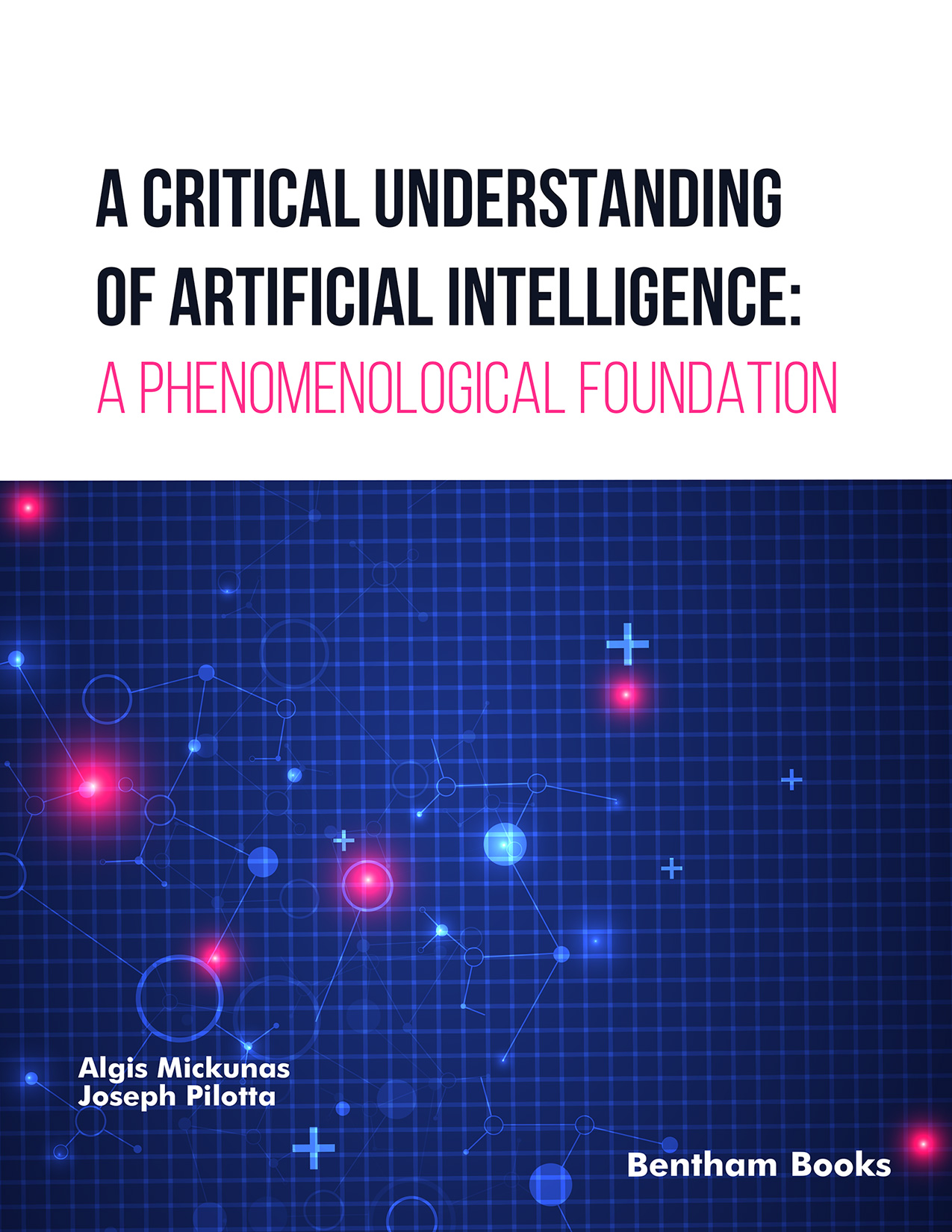Introduction
Artificial intelligence (AI) is viewed as one of the technological advances that will reshape modern societies and their relations. While the design and deployment of systems that continually adapt hold the promise of far-reaching, positive change, they simultaneously pose significant risks, especially to already vulnerable people.
This work explores the meaning of AI, and the important role of critical understanding and its phenomenological foundation in shaping its ongoing advances. The values, power, and magic of reason are central to this discussion. Critical theory has used historical hindsight to explain the patterns of power that shape our intellectual, political, economic, and social worlds, and the discourse on AI that surrounds these worlds. The authors also delve into niche topics in philosophy such as transcendental self-awareness, post-humanism, and concepts of space-time and computer logic.
By embedding a critical phenomenological orientation within their technical practices, AI communities can develop foresight and tactics that can better align research and technology development with established ethical principles — centering vulnerable people who continue to bear the brunt of the negative impacts of innovation and scientific progress. The creation of a critical–technical practice of AI will lead to a permanent revolution in social, scientific, and political communities. The years ahead will usher in a wave of new scientific breakthroughs and technologies driven by AI research, making it incumbent upon AI communities to strengthen the social contract through ethical foresight, a capability which only phenomenology can deliver, ultimately supporting future technologies that enable greater well-being, with the goal of delivering practical truths.
A Critical Understanding of Artificial Intelligence: A Phenomenological Foundation is an essential read for anyone interested in the complex debate and phenomenology surrounding AI and its growing role in our society.

